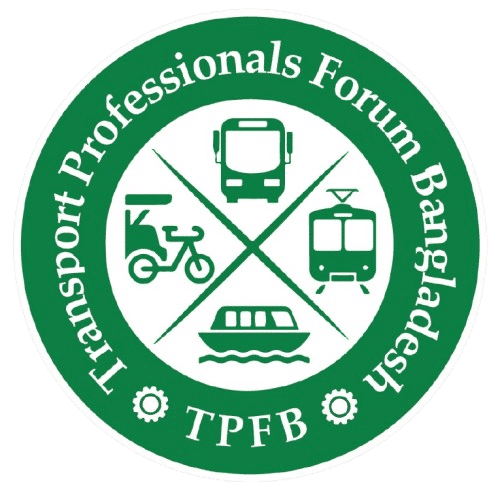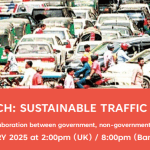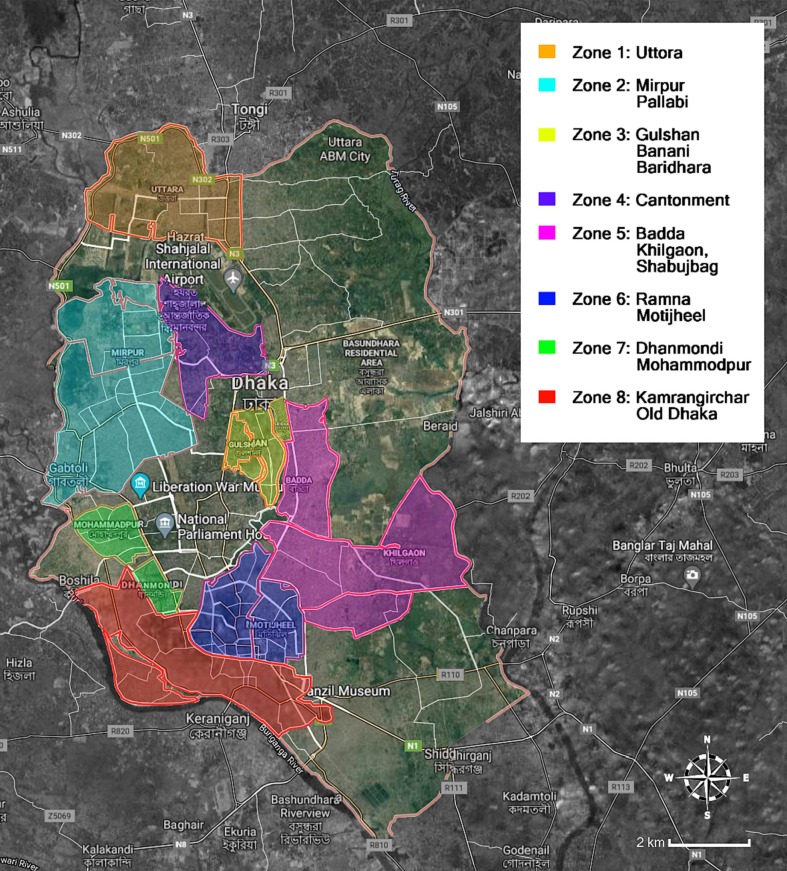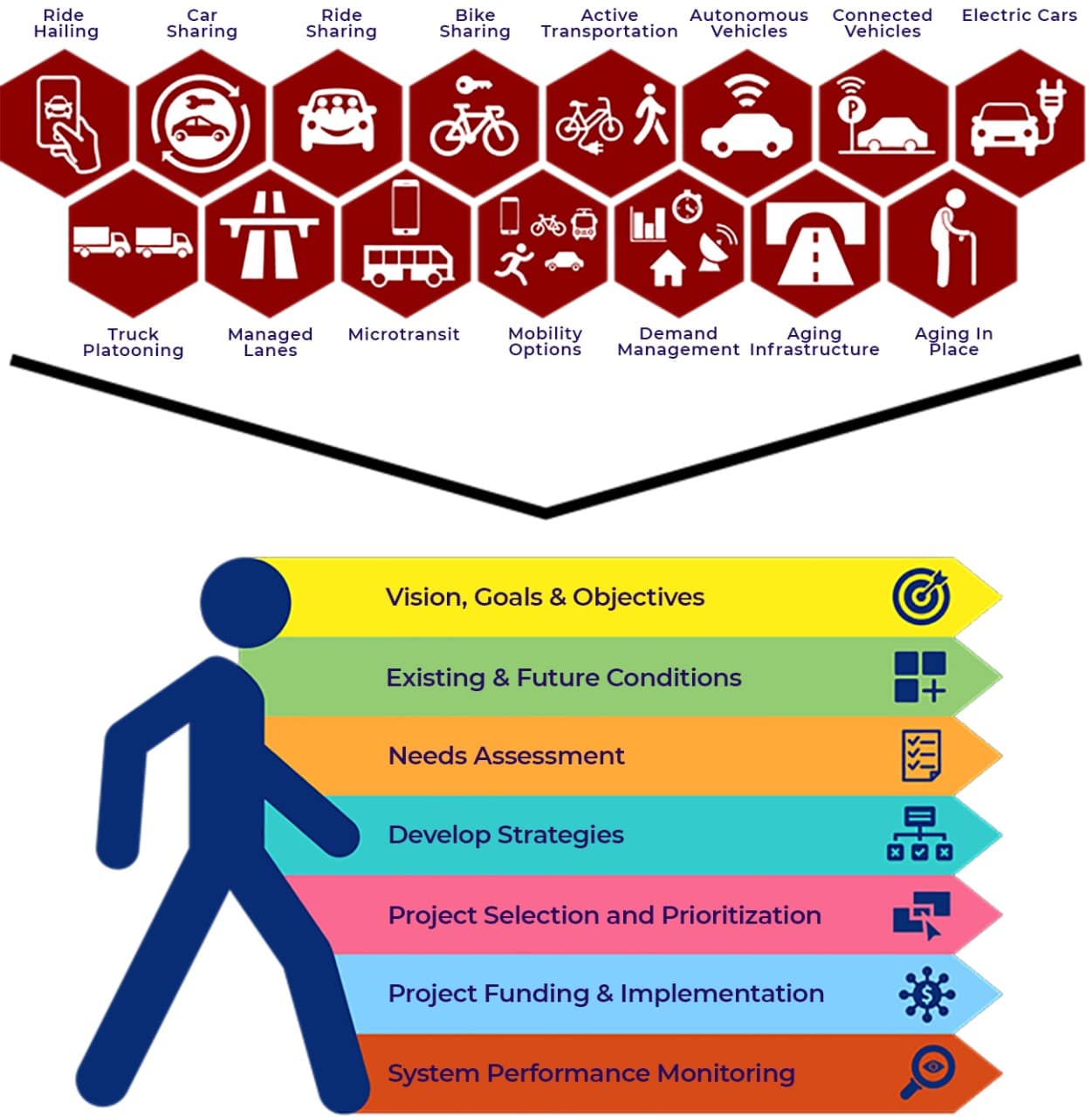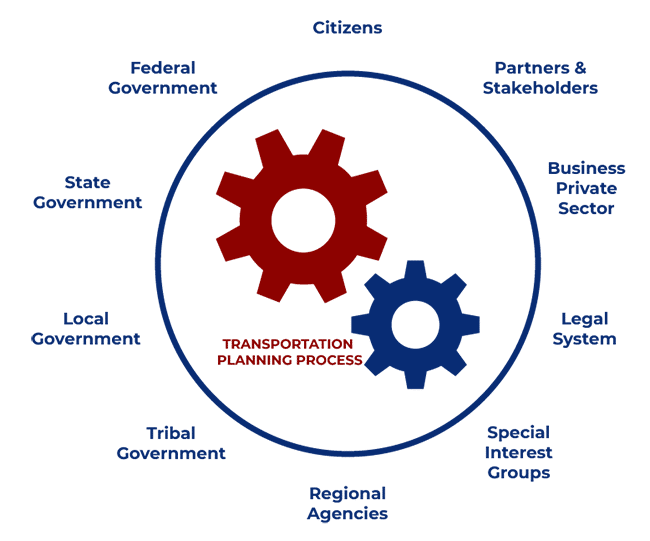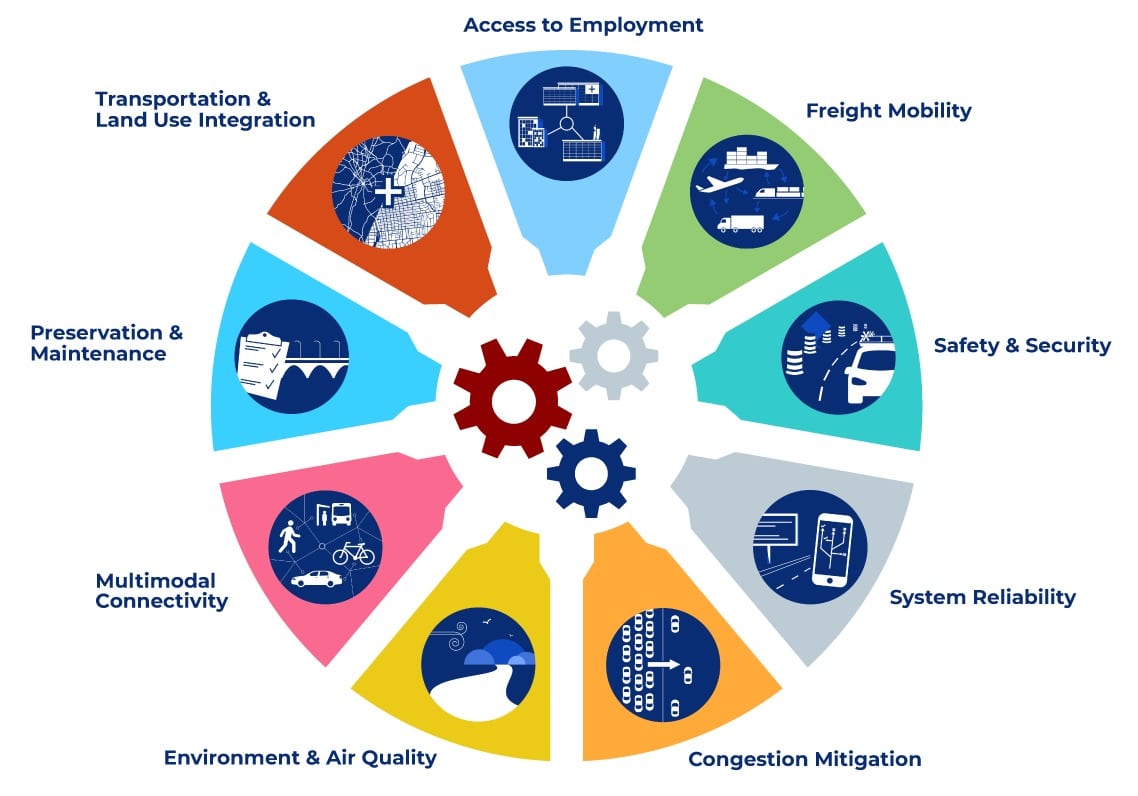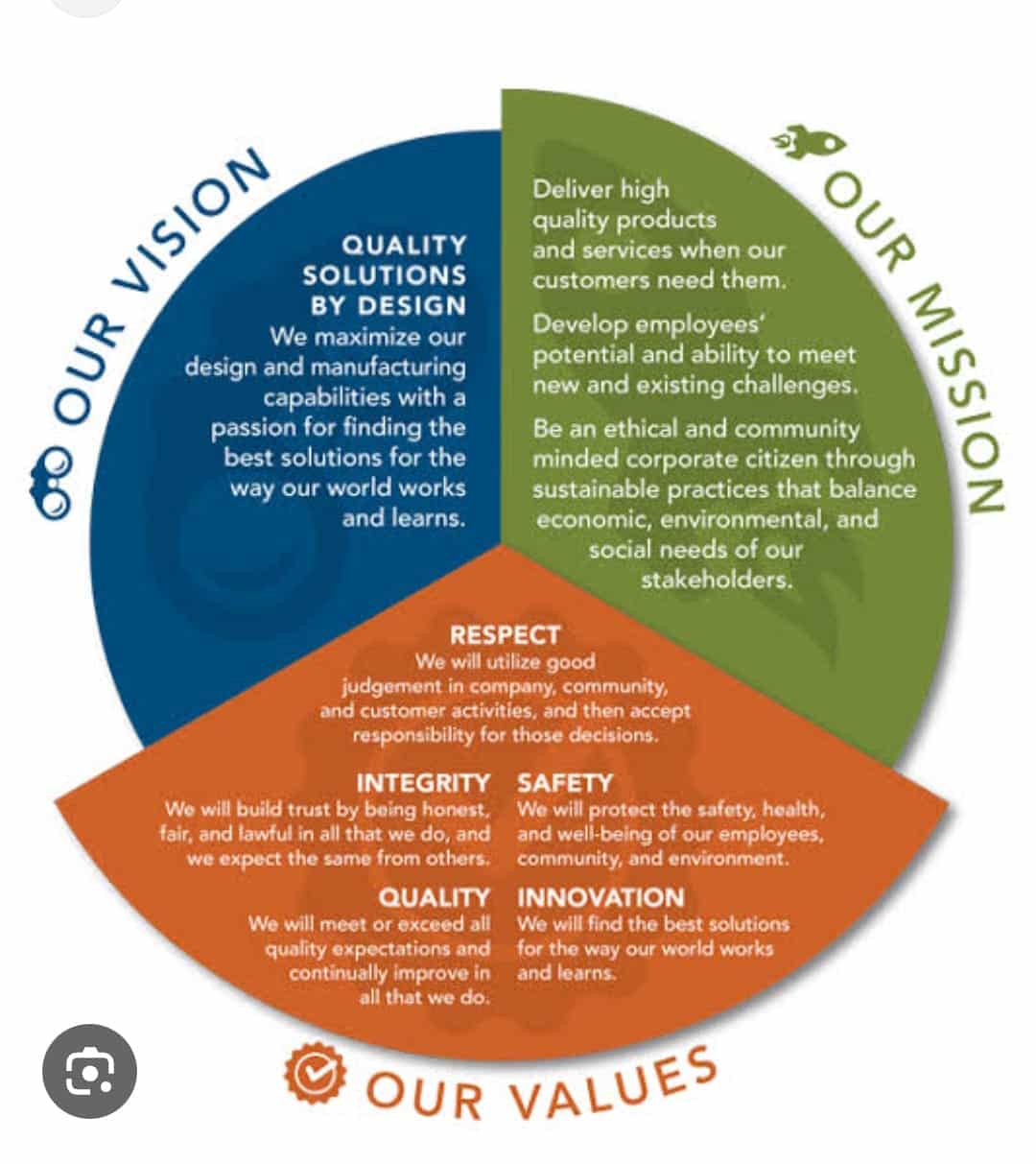Bangladesh needs to improve women’s health, security, convenience, and financial independence, particularly regarding urban mobility. An inefficient and unaffordable urban transport system limits women’s access to better job opportunities, hindering their personal growth. This study aims to achieve sustainable development in women’s mobility. It attempts to identify the most preferred policy option among different hypothetical …
